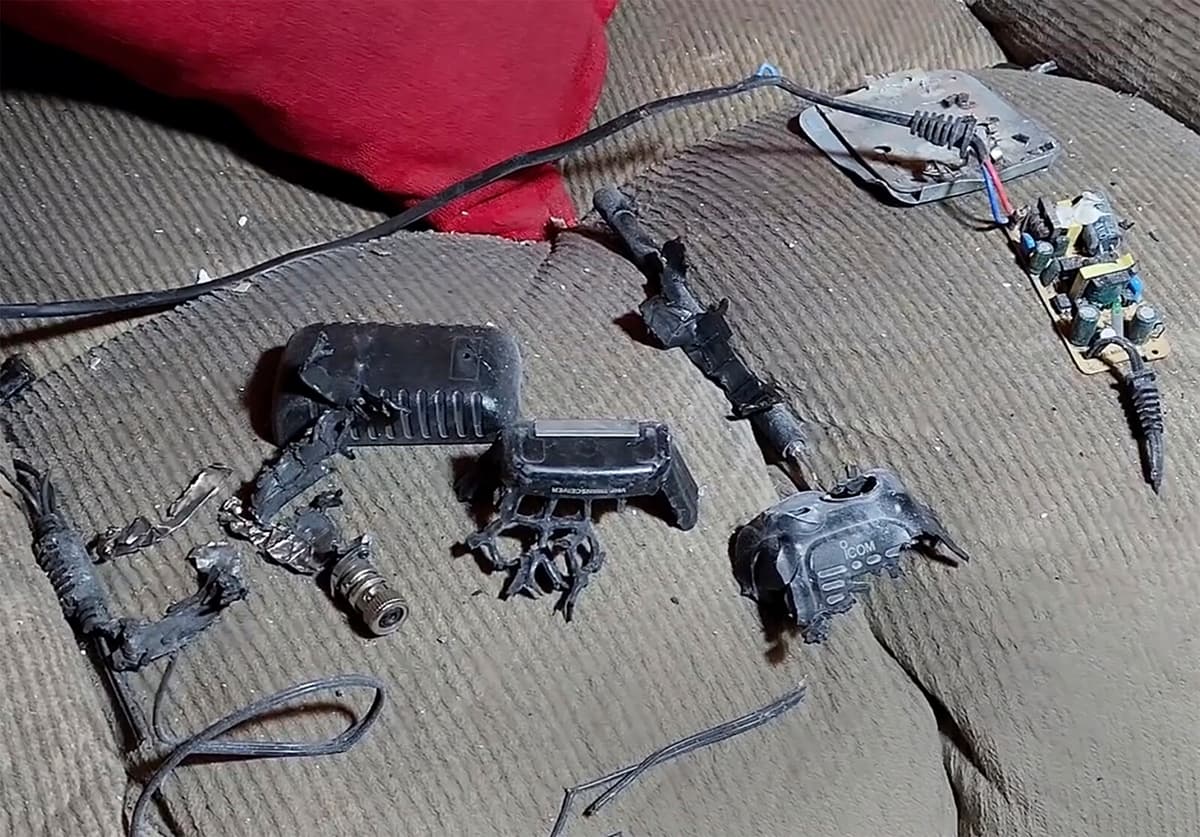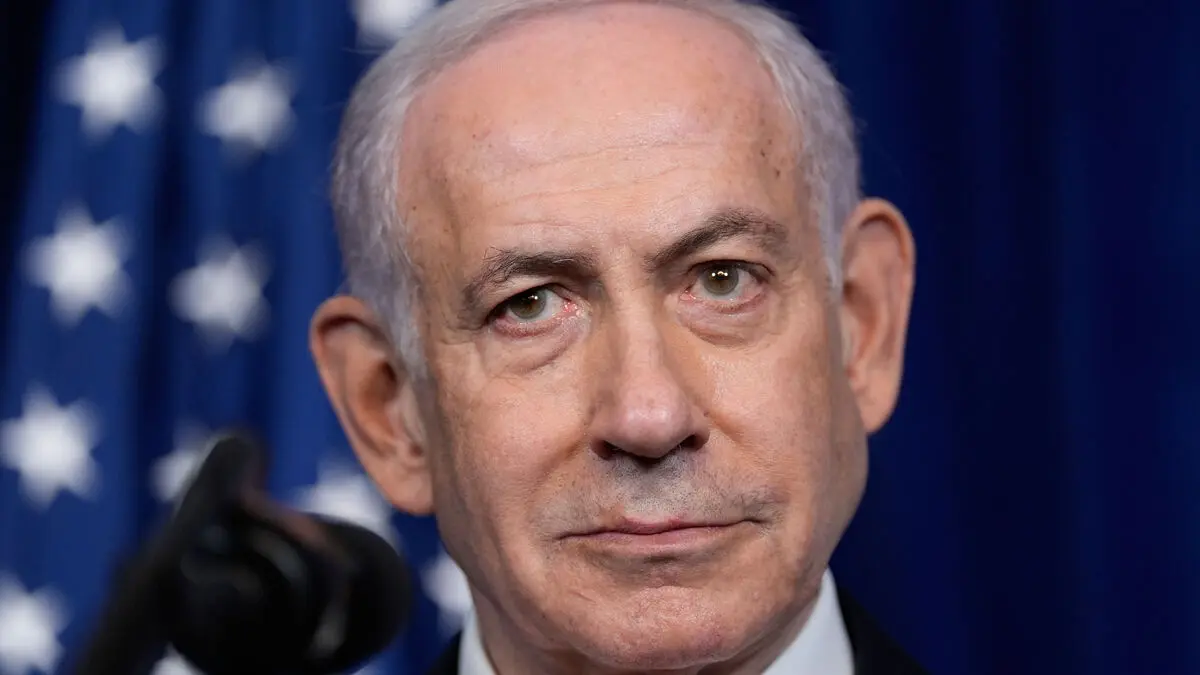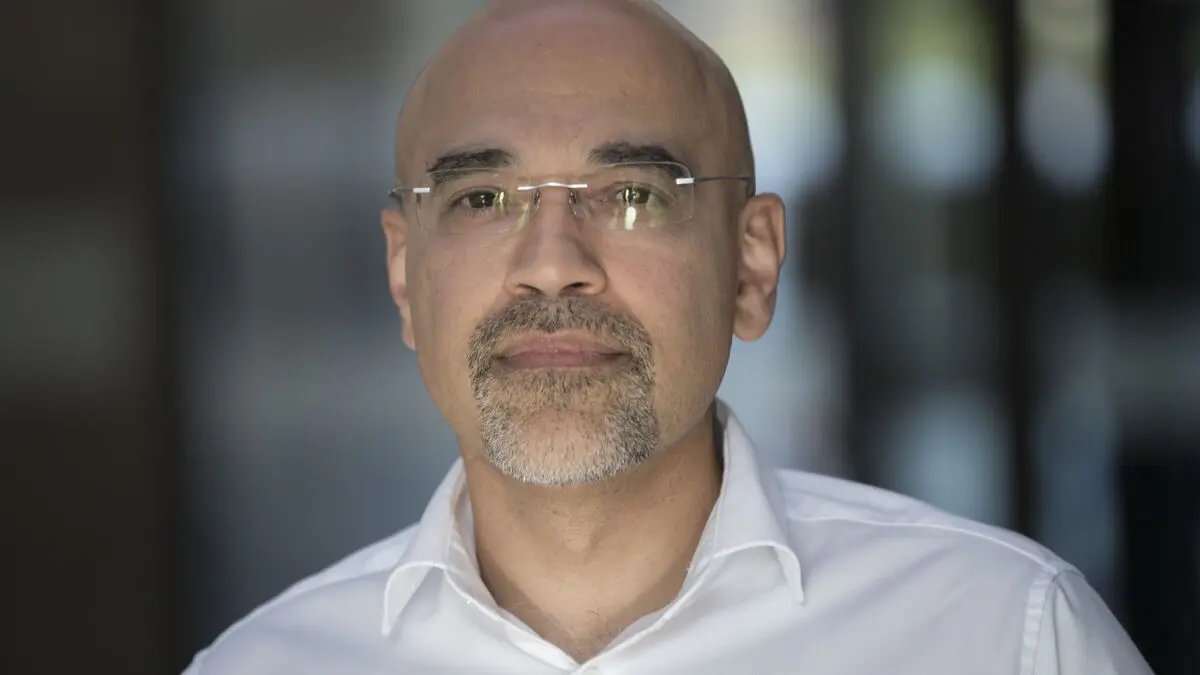The mystery is thickening around this week's wave of exploding electronics that have killed dozens of people and injured thousands in Lebanon. At least 20 people were killed and up to 500 injured when walkie-talkies, used by the extremist Shia movement, exploded on Wednesday.
The day before, several thousand people-searching devices from the Taiwanese brand Gold Apollo flew into the air.
In an initial investigation, Lebanese authorities point to professionals having placed explosives in the communication units before they were brought into the country, writes Lebanon's UN representation in a letter on Thursday that AFP has taken part of.
The investigation also claims that the units exploded when messages were sent to them, according to the news agency.
"Middleman"
Gold Apollo refers to the licensed manufacturer BAC in Hungary. Intelligence sources tell The New York Times that BAC and several other similar companies were started by Israeli agents several years ago specifically to infiltrate electronic supply chains.
Thus, BAC was able to deliver people-searching devices loaded with small amounts of explosives a few months ago, after Hezbollah's leader Hassan Nasrallah said that the movement should avoid phones that can be hacked and tapped.
But BAC's CEO Cristiana Bársony-Arcidiacono swears she is innocent when reached by NBC News on the phone.
I don't manufacture the searchers. I'm just a middleman.
The Hungarian government sees BAC as a "business middleman", and is certain that "the actual devices never were in Hungary", according to spokesman Zoltán Kovács.
Bulgarian investigation
Bulgaria is also investigating a possible involvement in the delivery of people-searching devices.
The investigation was launched after a Hungarian news site cited anonymous sources saying that a company based in Bulgaria, called Norta Global, had imported the people-searching devices and arranged for their delivery to Hezbollah.
According to the country's state security agency, there is no information that the people-searching devices entered the EU via Bulgaria, and customs did not register the "actual goods".
The company has not commented on the allegations.
Hezbollah's step back to older technology also includes walkie-talkies. In that case, the devices that flew into the air are of the Japanese brand Icom. The company says that the actual model stopped being manufactured ten years ago. Original batteries are also no longer available. Instead, there are signs that Hezbollah turned to other suppliers – which may have been Israeli shell companies.
Israel has neither confirmed nor denied involvement in the attacks.
The companies behind the exploding people-searching devices are said to have been started by Israeli agents, according to international media sources.
Licensed manufacturer BAC's address is located in Hungary's capital Budapest, but turns out to be an office hotel between a motorway and a dilapidated train station, according to news agencies AP and Bloomberg.
The company's CEO Cristiana Bársony-Arcidiacono is registered in Paris, but at an address that, upon Bloomberg's investigation, turns out to house the gendarmerie.
In Taiwan, there is the company whose name was on the people-searching devices, Gold Apollo. Chairman Hsu Ching-Kuang says he was surprised when he was contacted by BAC to manufacture the searchers on license two years ago, but that he handled it as a routine matter.






